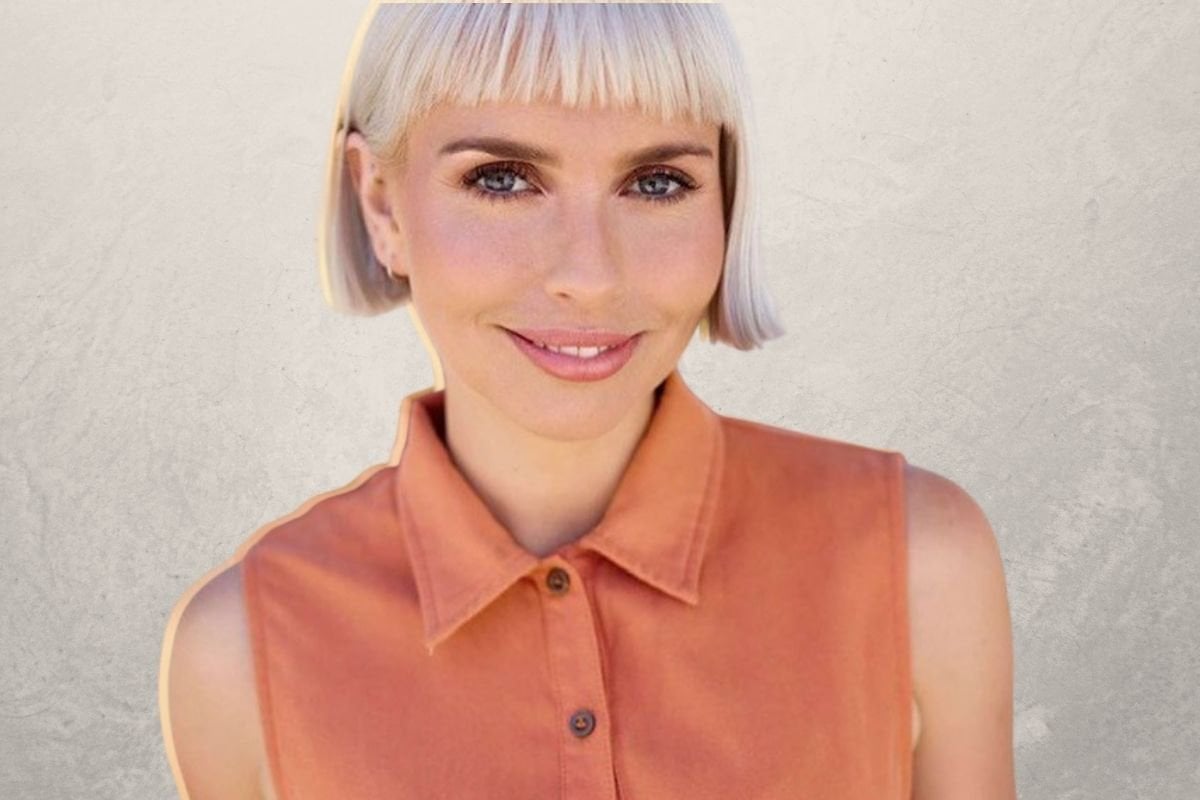
Warning: This post discusses eating disorders and may be triggering for some readers.
It started with categorising food into piles.
What Maddy Tyers put into her mouth was either a 'good' food or a 'bad' food. And as time went on, more and more food started creeping over to the 'bad' pile.
Then there was the mirror checking. Or window checking. A constant preoccupation with looking at her reflection and obsessing over the way clothes felt and fell on her.
This all started when Maddy was only eight.
Watch: You might recognise Maddy from Lego Masters 2019. Post continues after video.
Looking back, the now 31-year-old recognises that she was a very anxious child. A constant perfectionist who has always been incredibly hard on herself. But it was moving schools that seems to have been the catalyst. An event that Maddy tells Mamamia, "just shook up my world."
"I think all of those combined factors (my personality traits and then the move) led to me using food and exercise as a way to have control. And what sort of started as what I saw as 'healthy eating' and a 'healthy way of living,' slowly but surely progressed into a full-blown eating disorder that saw me hospitalised at the age of 16."
Maddy would be told in that hospital bed, that she was so under-nourished and under-weight that she was at risk of having a heart attack. Only then did the gravity of her illness start to sink in. Before that, she'd spent years deceiving her parents, obsessively exercising, refusing food and covering up her behaviours. Maddy stopped socialising and spending time with friends, as her obsession with food and exercise grew.





























































































